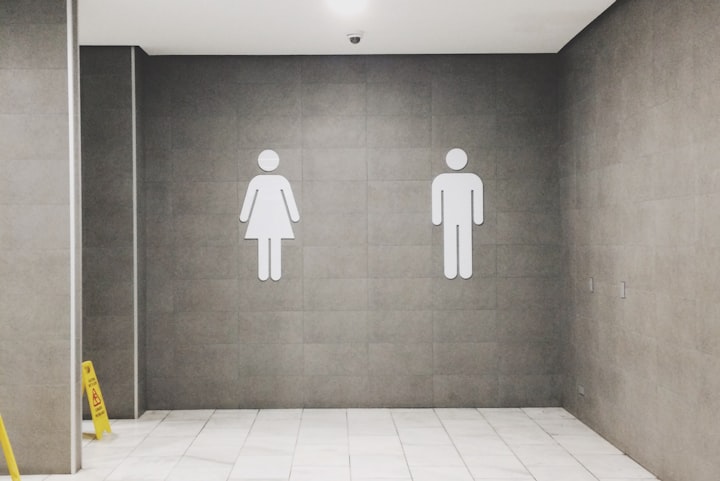Understanding Intersex: What Does it Mean?
Intersex!! know more...

As a kid, we were taught by science about male and female genders. However, none of them showed us about intersex.
Various conditions in which a baby was born with sexual or reproductive anatomy that does not match specific male or female definitions are called intersex. Often, being intersex is confused with being transgender.
Some intersexes are doing their best to educate people about their condition through their talents. For instance, Intersex Musician - Official Site is a website by Jasper Holton, where you can go to listen to awesome music and stories about being an intersex person.
What is intersex?
Intersex is a condition where a person is born neither a male nor a female. It could be a person who was born male outside with the anatomy of a female inside. Another example is a person who was born having sexual organs that look to be somewhere in-between the normal female and male type, e.g., a girl without vaginal opening or noticeably large clitoris, or maybe a boy with a scrotum that looks like a labia.
While being intersex is an inborn condition, it doesn’t always show up at birth. There are cases that a person is found to have intersex anatomy at puberty. Some found themselves as infertile adults, while some are autopsied after dying of old age. Some intersex lives and die without anyone ever knowing (this includes themselves).
Intersex variations
At birth, the doctor decides on the baby’s gender based on their assumptions on how a female or a male should appear. A person with this condition is born with body features, such as genitals, hormones, or chromosomes that do not match the doctor’s assumption of a female or male body.
Below are some of the essential things that you should know about this condition:
- Similar to our distinct bodies, their conditions are typical variations that appear in human bodies. It should not be used to define their personality or what they can or cannot do.
- Like most babies, babies who are born with this condition are assigned male or female by doctors. However, they use tests as a guide to assigning the gender of the newborn. Some intersex babies and children undergo hormone treatment or surgery after they have determined the baby’s gender. However, this is harmful, mostly if they cannot decide for themselves.
- Around 1.7 percent of our population could have this condition, and it is as typical as having green eyes or red hair.
- The condition comes in many types and is experienced in different ways. The frequent types are androgen insensitivity syndrome, hypospadias, congenital adrenal hyperplasia, and Klinefelter syndrome.
- Individuals with this condition use different terms in describing their bodies, such as variations of sex characteristics, intersex variations, or differences of sex development. You may want to ask the person with this condition about what terms they prefer.
Some people with intersexual variations receive discrimination
People with intersexual variations are often treated differently and are more likely to receive discrimination, harm, and abuse. The most worrying type of harm and discrimination that these people are facing is being forced to undergo medical modifications to make them look more like a “normal” female or male.
On the other hand, some intersex variations opt to have medical modifications on their bodies as they get older. They deserve the freedom to choose, respect, make choices without pressure, and being given the right information to make the right choices. Always support and respect the decisions they make on their identities and bodies.
How to support a person with this condition?
If you have a friend with intersex variations, you may want to know more about their condition. Read books, check the internet for articles, other media where you can learn about how they feel.
It is essential to know that people with intersex variations are not different from everyone else. If you want to know more about this condition, you may want to check Intersex Musician - Official Site where you can listen to excellent songs about intersex.
If a friend of yours admits that he or she has the condition, don’t act amazed, shocked, or sorry for your friend, it could only make them feel worse. Show your support by asking questions like how they feel about their condition. Keep in mind that lots of people with intersex variations are worried that they are not normal.
Avoid pressuring your friend with an intersex variation to tell you more about the condition of their body. Remember that it is their body and experience, and they have a choice if they are going to share things about their condition and with whom.





Comments
There are no comments for this story
Be the first to respond and start the conversation.